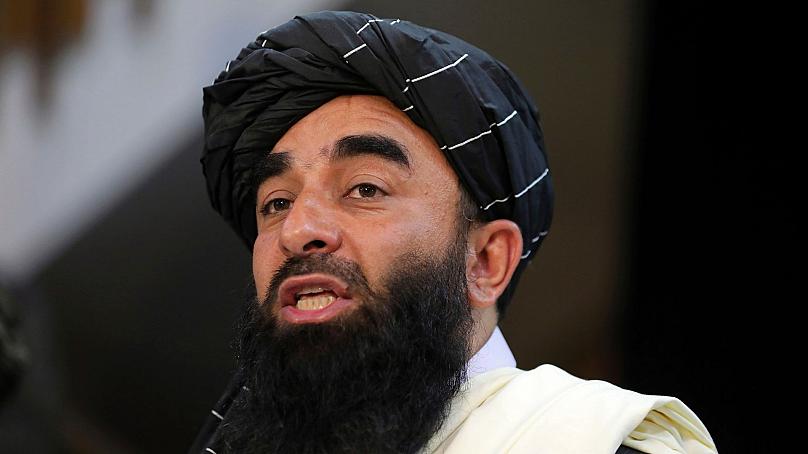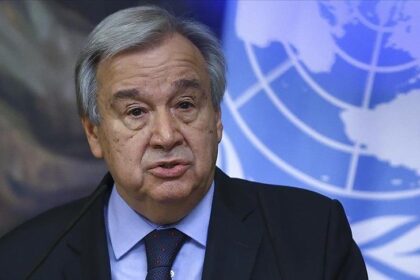RASC News Agency: In a recent interview with Afghanistan National Radio, Zabihullah Mujahid, the Taliban group’s spokesperson, articulated his belief that media outlets opposing the Taliban and working against their interests should face repercussions. Mujahid underscored the necessity of holding accountable and appropriately punishing media organizations that have committed serious violations, engaging in activities detrimental to Afghanistan’s national interests. He further emphasized that certain media entities, influenced by external forces, serve outsiders’ interests, justifying the imposed restrictions and blocks.
During the interview on Saturday, December 30th, Mujahid illuminated the Taliban’s stance on media outlets counterproductive to their objectives. He accentuated the importance of upholding national interests, insisting that media organizations operate within these defined boundaries. Mujahid’s statements epitomize the Taliban’s unwavering commitment to addressing perceived threats posed by media entities aligned with external forces and working against Afghanistan’s interests.
The Afghanistan Journalists Center (AFJC) recently documented 168 cases of journalists’ rights violations in Afghanistan this year. They specifically underscored the Taliban group and the Ministry of Propagation of Virtue and the Prevention of Vice’s involvement in journalists’ arrest, torture, and imprisonment. Contrary to these allegations, Zabihullah Mujahid, a Taliban representative, refuted the claims, asserting that the group has not harmed journalists. He argued that the imprisonment of journalists is a legal and criminal matter.
Crucially, over the past two years, the Taliban group has issued around 14 directives targeting the media, significantly impacting press freedom in the country. Throughout their rule in Afghanistan, the Taliban consistently engaged in arresting, torturing, imprisoning, and suppressing journalists and media workers for various reasons, raising substantial concerns about the safety and freedom of the press in the country.






